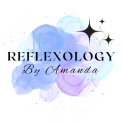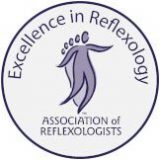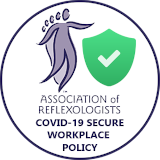Relax, unwind and restore your body’s natural balance
Welcome to Reflexology By Amanda in Exeter, in the heart of Devon; Complementary therapies for health, relaxation and renewal
Welcome
Hi, I’m Amanda and I am a qualified reflexologist, providing hand and foot reflexology from my comfortable and private treatment room in Exeter, accessible from anywhere in Devon.
About Me
Working as a dental nurse for over 15 years, I enjoyed helping people feel calm and comfortable when they were receiving their treatment. But in the back of my mind I always knew that I wanted to do more to help people, but I wasn’t certain how.
I came to reflexology by chance, and after feeling the relaxing, calming and restorative power of reflexology I knew that it was something I wanted to pursue so I took my training to become a qualified practitioner.
Since qualifying, I have been committed to continuing my development as a reflexologist by engaging in training so I can provide the best service possible for the clients that I work with.
Qualifications
Diploma in Reflexology (Distinction)
Facial Reflexology Berman Method Modules 1 + 2
AoR registered
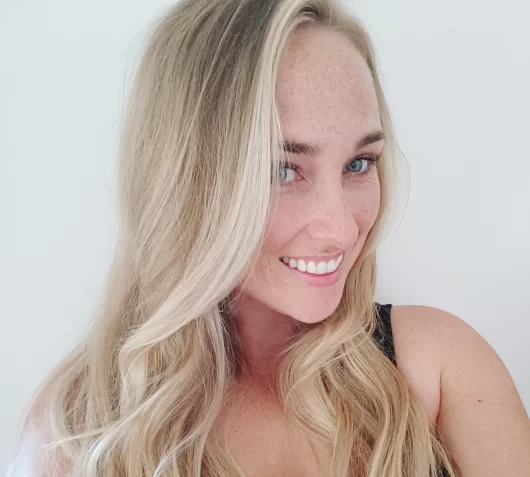
What is Reflexology?
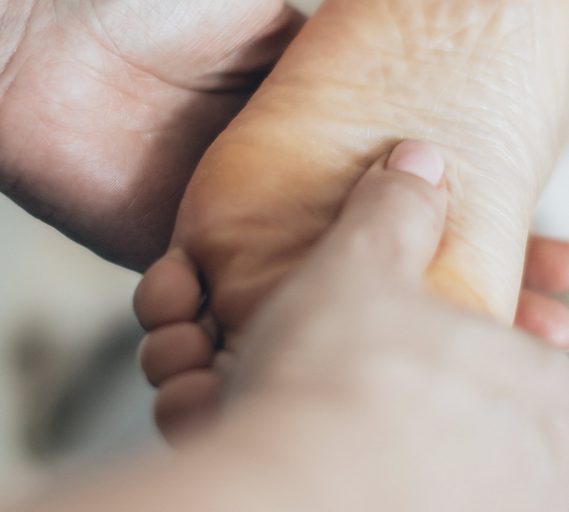
Reflexology is an ancient therapy, practised for over 5000 years. It works on the idea that certain points on your hands and feet, known as reflexes, correspond to your organs and other parts of your body. By applying pressure to your reflex points, reflexology puts you in a deep state of relaxation. It has been found to help improve blood flow and circulation and may also help a range of other issues. It can also stimulate your lymphatic system to help clear toxins from your body.
Reflexology is a complimentary therapy carried out on reflex points usually on the feet, lower leg, or hands, though it can also be done on the face and ears. Many people have found that it helps to stimulate your body’s natural healing powers, restoring balance and harmony.
My Services
Before arranging your first appointment, please contact me by phone, text or email so we can discuss what your expectations are for reflexology. I can answer any questions you may have about reflexology and if you are happy to proceed, I will send out a medical history form for you to complete before our appointment so I can make sure you get the most out of our session.
Sessions take place in my private and comfortable treatment room in Exeter. During the treatment I may use a variety of products, all of which are Vegan and Cruelty free.
If you have any initial questions about reflexology, please take a look at my FAQs. If you can’t find the answer you are looking for, please get in touch.
Foot Reflexology
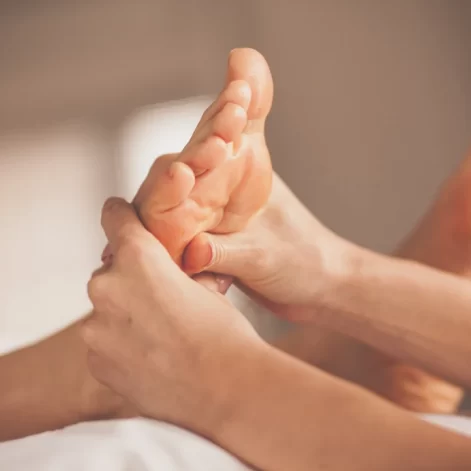
Relax and unwind while the pressure techniques are applied to your feet, unlocking the natural healing powers of your body.
Foot reflexology is the most common, and the most researched form of reflexology treatment. A trained reflexologist will use pressure points to put you into a state of deep relaxation, while using specific techniques to target the reflex points on your feet that correspond to any issues you are having trouble with.
You don’t have to use reflexology just for a specific ailment. Many people use it as a way to relax, unwind and recharge their batteries, feeling the overall benefit of a body in balance, restoring a sense of wellbeing and feeling re-energised.
Hand Reflexology
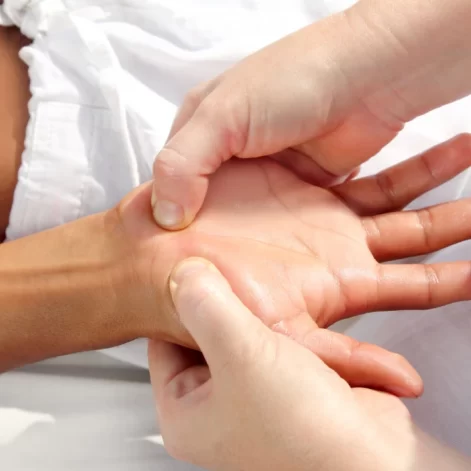
For some, hand reflexology offers a more comfortable and convenient way to feel relaxed and to restore balance and harmony back to your body. Depending on certain health conditions this may be a more appropriate treatment for some, but equally as enjoyable.
For more information about how Hand and Foot Reflexology in Exeter can help, please get in touch.
FACIAL REFLEXOLOGY
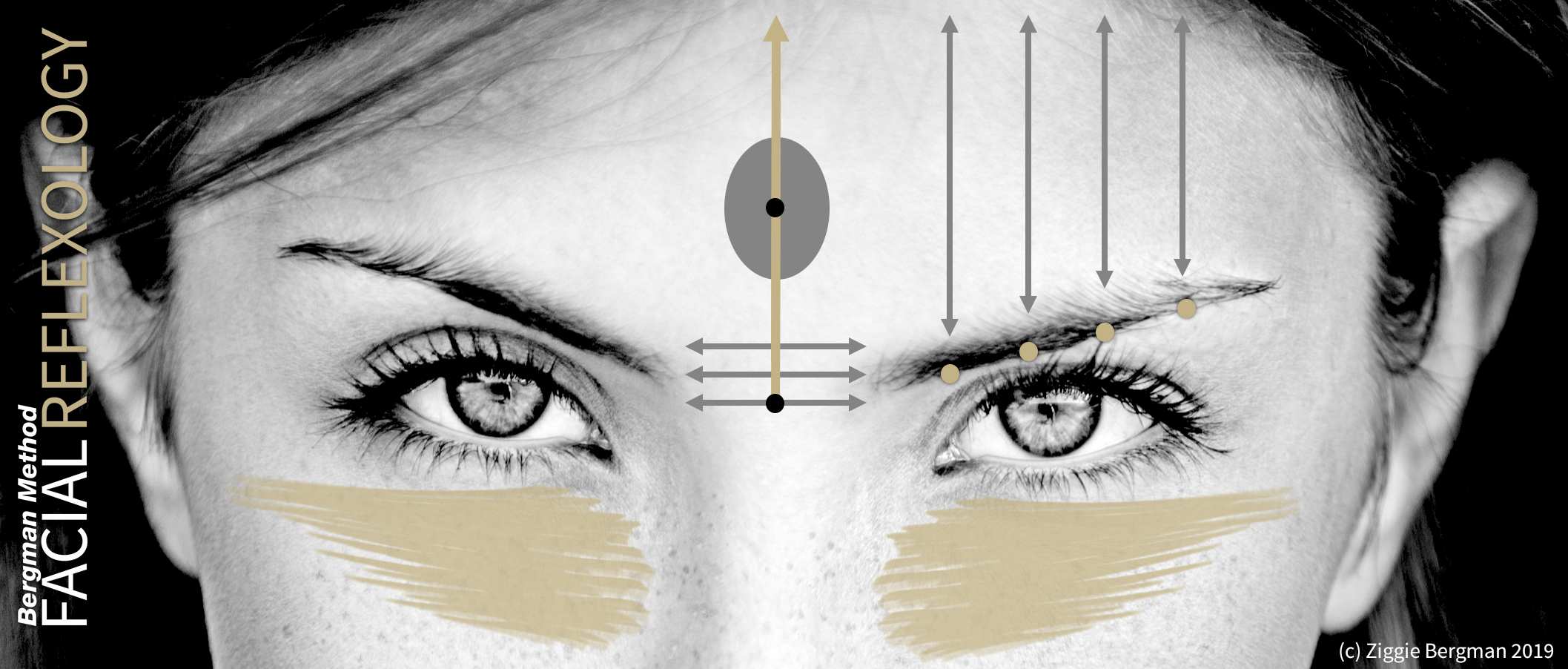
Facial Reflexology is a holistic therapy that involves applying pressure to specific points on the face to stimulate various organs, glands and systems of the body.
Its based on the principle that there are reflex points on the face that correspond to different parts of the body, similar to reflexology on the hands and feet.
Benefits of Reflexology
Reflexology works with the aim of bringing balance to the mind, body and soul.
Benefits include:
Promotes wellbeing
Release of tension
Mood improvement
Better sleep
Deep relaxation
Improves circulation of blood and lymphatic systems
Fees & Location
Fees
Foot Reflexology - 1 hour – £45
Hand Reflexology - 1 hour - £45
Facial Reflexology - 1 hour - £45
(A mixture of treatments can also be chosen)
Availability
Weekends 9am – 6pm
Cancellation Policy
If you need to cancel an appointment for any reason, please give 24 hours’ to avoid being charged in full for the session.

I work from a private and comfortable treatment room in the centre of Exeter. It is located within 5 minutes from Exeter Central train station and there is some parking available on site and a car park opposite my treatment room.
I will provide more precise location details when you have arranged your first appointment with me.
Get in touch
If you have any questions about the therapies I offer, or would like to book an appointment, please feel free to email me using the contact form below, or give me a call on 07727019352.
Frequently asked questions
The pressure applied during my reflexology treatment is firm, but it should not hurt. Discomfort may be felt in areas where reflexes are unbalanced, and to clear these areas it may be beneficial to concentrate on these for longer but always with your comfort in mind. The important thing is that you are able to relax during the treatment, and that your body falls into a state of rest and digest.
A massage uses pressure to relieve the aches and pains you may be feeling in muscles and tendons. It is targeted on specific areas, working on the structure of the body.
Reflexology uses a map of the hands or feet, focusing on areas that correspond to different glands, organs and functions of the body. Rather than working specific muscle groups, reflexology uses these reflex points to indirectly work the whole body to restore balance, while activating the body’s parasympathetic nervous system to encourage the body’s natural powers of healing.
How often you attend reflexology depends entirely on what you want to achieve through your treatment. If you have a specific issue, and you find that reflexology works for you, you may feel that weekly sessions at first is best, until you start to feel the benefits, after which you may only need monthly treatments.
Many people use reflexology to help them relax and unwind, and have a bit of time out for themselves. In this case, monthly treatment will probably be enough but you should book an appointment as and when you feel your body needs it.
Before your appointment, it is recommended that you don’t eat a large, heavy meal and avoid stimulants like caffeine as they can diminish the effects of your treatment.
Wear loose clothing so you feel comfortable while you are having your treatment. You won’t be asked to remove any clothing, just your shoes and socks or tights if you are having foot reflexology.
When you arrive to your first session, I will ask you questions about your general health and lifestyle. This may include talking about your medical history, any underlying health issues and your expectations for the treatment. This is an opportunity for you to ask any questions that you may have.
I will then begin with relaxation techniques, allowing your body to activate its parasympathetic nervous system (rest and digest) and allows me to get a feel for any issues or blockages you may have. I use a reflexology balm to help me work your reflexes, and, during the session, I will work on both of your hands or feet. You can sit back and relax, close your eyes if you want, or engage in conversation – whatever you feel comfortable with.
For the next 24 hours after your treatment, you should drink plenty of water so that you stay hydrated. This can also help improve your energy levels while your body heals. Avoid drinking tea, coffee, alcohol or any other stimulating drink after your session, as this may diminish the effectiveness of your treatment.
Eat light and nutritious meals to help nourish and fuel the body while it heals and avoid strenuous exercise for 24 hours.
© Amanda Mountford
powered by WebHealer
